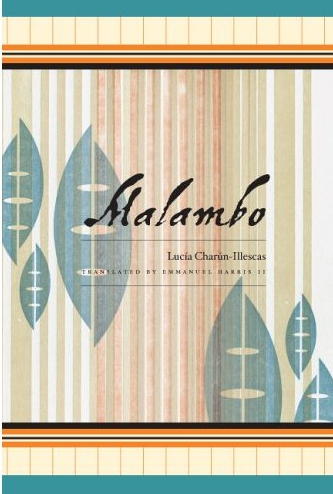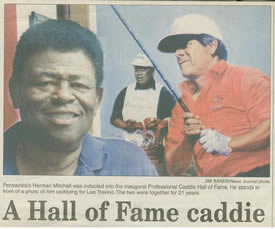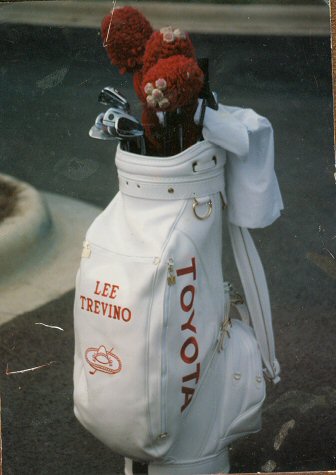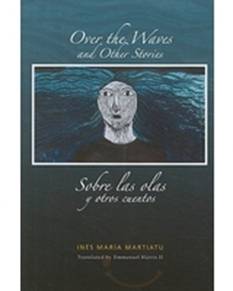![]()
Dr. Emmanuel Harris II
Black people, as W.E.B. DuBois reminds us in The Souls of Black Folk, have given their spirit, song, and sweat to the Americas from the beginning of the slave trade to the present day. These gifts are apparent in the tireless creativity of Lucía Charún-Illescas and in her novel's compelling story. People outside the Spanish-speaking world are often unaware of those of African ancestry living in Peru and the contributions of Afro-Hispanic people in Latin American history. Malambo helps to correct this, bringing to life fictional events that are, nonetheless, historically valid.The Malambo depicted in the novel is that of the late sixteenth to mid-seventeenth century, a time when Peru remained the center of Spanish viceregal rule, and Lima played a leading role in the Spanish-American Inquisition. In Malambo, we observe the connections among the Spanish, the Portuguese, the blacks, mestizos and mulattos, and indigenous people, the Jews and the Christians, the free and the enslaved, the rich and poor. While the novel certainly examines the lives and struggles of numerous oppressed peoples, at its core is the treatment of those of African descent. Lucía Charún-Illescas develops Malambo as the setting for the powerful portrayal of this group-a group often marginalized, oppressed, or forgotten altogether. From the translator's note by Emmanuel Harris II |
"The Best and Me: Herman Mitchell Professional Caddy to Lee Trevino and Others"
Herman Mitchell is the first professional caddy to ever be retired by his pro, meaning when he was too old to work, he continued to receive monetary compensation. However his relationship with professional golfer Lee Trevino is much deeper than the time they spent together on the golf course. The two became known throughout the world in the seventies and early eighties as not only a team of tenacious competitors but also an inseparable duo of two friends from relatively different worlds. "The Best and Me: Herman Mitchell Professional Caddy to Lee Trevino and Others" is a book I am writing derived from interviews with the recently deceased caddy. “I started to caddy when I was nine years old. All I’ve ever done in my life was carry a golf bag because I don't have any other skills, no schooling, nothing really. I started caddying in Little Rock country clubs and I caddied all the time. I always played hooky and never went to school. And all I did was caddy and I loved every bit of it. I loved to caddy for was good players. I didn’t care what they paid as long they hit the ball. There ain’t nothing I love better than golf, no sports I love better. And that is the gospel truth.” Mitchell begins talking about his life. The stories that come to light from the presentation greatly transcend the realm of sports and vividly portray a part the African American experience in terms of economic and person successes and pitfalls. Herman Mitchell’s life story serves as an anecdotal illustration of many under-educated, poor African Americans who engage in manual labor and to a large extent overcome their economic upbringing.
|
|
|---|



